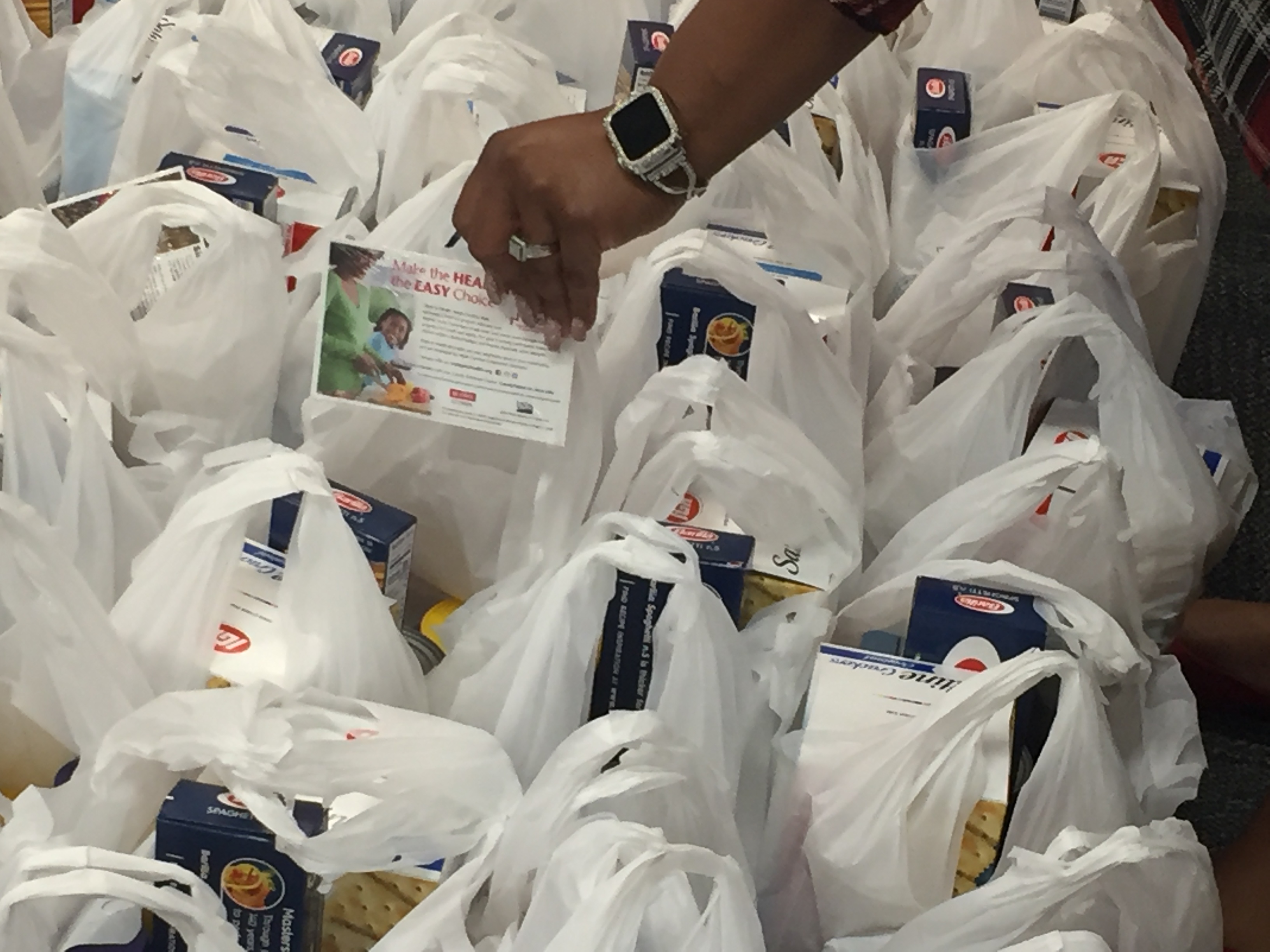In the Cards
go.ncsu.edu/readext?707479
en Español / em Português
El inglés es el idioma de control de esta página. En la medida en que haya algún conflicto entre la traducción al inglés y la traducción, el inglés prevalece.
Al hacer clic en el enlace de traducción se activa un servicio de traducción gratuito para convertir la página al español. Al igual que con cualquier traducción por Internet, la conversión no es sensible al contexto y puede que no traduzca el texto en su significado original. NC State Extension no garantiza la exactitud del texto traducido. Por favor, tenga en cuenta que algunas aplicaciones y/o servicios pueden no funcionar como se espera cuando se traducen.
Português
Inglês é o idioma de controle desta página. Na medida que haja algum conflito entre o texto original em Inglês e a tradução, o Inglês prevalece.
Ao clicar no link de tradução, um serviço gratuito de tradução será ativado para converter a página para o Português. Como em qualquer tradução pela internet, a conversão não é sensivel ao contexto e pode não ocorrer a tradução para o significado orginal. O serviço de Extensão da Carolina do Norte (NC State Extension) não garante a exatidão do texto traduzido. Por favor, observe que algumas funções ou serviços podem não funcionar como esperado após a tradução.
English
English is the controlling language of this page. To the extent there is any conflict between the English text and the translation, English controls.
Clicking on the translation link activates a free translation service to convert the page to Spanish. As with any Internet translation, the conversion is not context-sensitive and may not translate the text to its original meaning. NC State Extension does not guarantee the accuracy of the translated text. Please note that some applications and/or services may not function as expected when translated.
Collapse ▲As unemployment surged in North Carolina this spring during the COVID-19 pandemic, so did the demand for food from food banks, food pantries and other emergency sources. Two NC State Extension programs collaborated across the state to make sure that people receiving the food had the information they needed to make safe and healthy meals.
One result: 264 emergency food distribution sites – including food pantries, schools, and churches – were able to tuck 102,000 nutrition card decks into boxes and bags of food for people in need. The card decks contained 12 recipes and nutritional information for healthy main courses, such as ratatouille and Tuscan bean soup, plus side dishes like sweet potato pancakes, apple-glazed stir fry, and home fries.
The decks also included information on preparing and storing fruits and vegetables; on food safety; and how to connect with the programs responsible for creating them: Steps to Health and the Expanded Food and Nutrition Education Program (EFNEP).
Steps to Health, NC State University’s SNAP-Education program, serves those eligible for the federal Supplemental Nutrition Assistance Program. EFNEP is a federal and local partnership providing nutrition education programs for families and school-aged youth with low incomes. NC State collaborates with North Carolina A&T State University to carry out the program in North Carolina.
Both programs work to help their participants make healthy choices within a limited budget and choose physically active lifestyles.
Funding for the project came from the NC Family & Consumer Sciences and Extension & Community Association Foundation, the Extension’s local foods program team, SNAP-Ed, and EFNEP.



